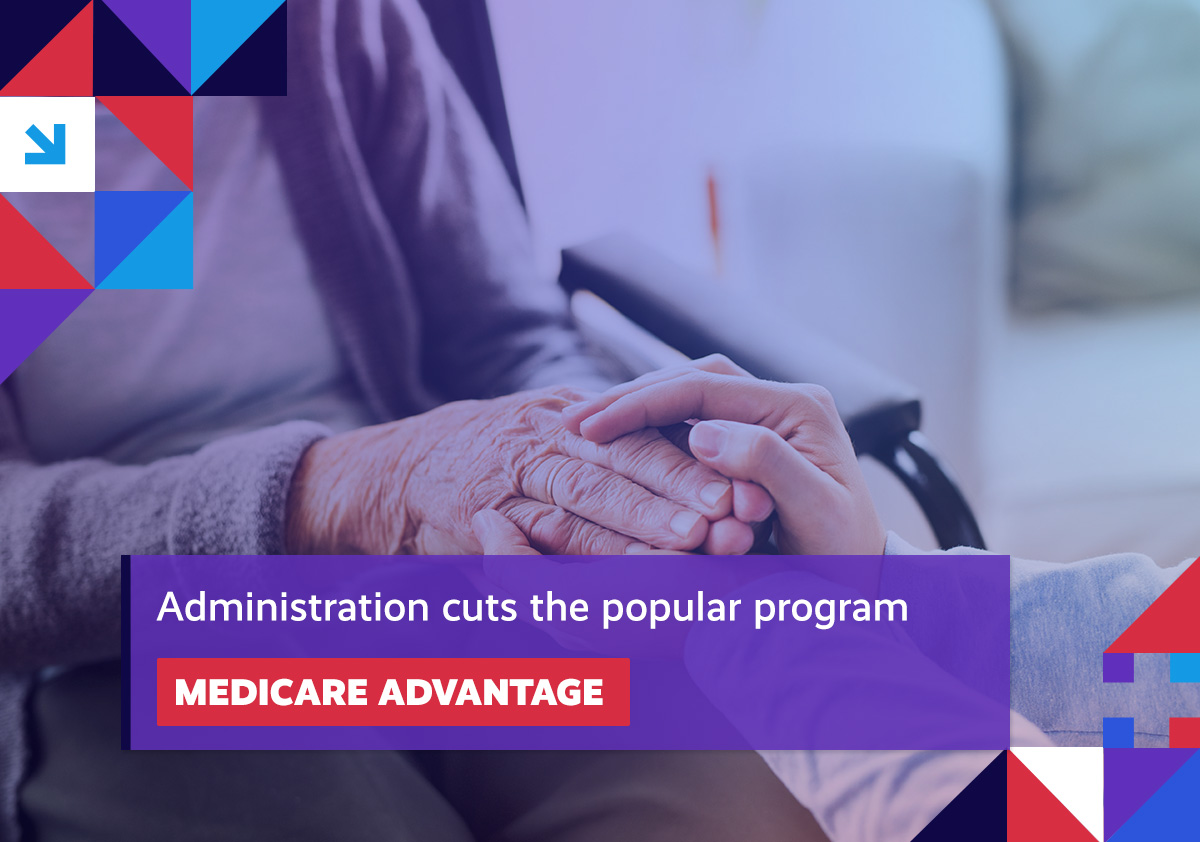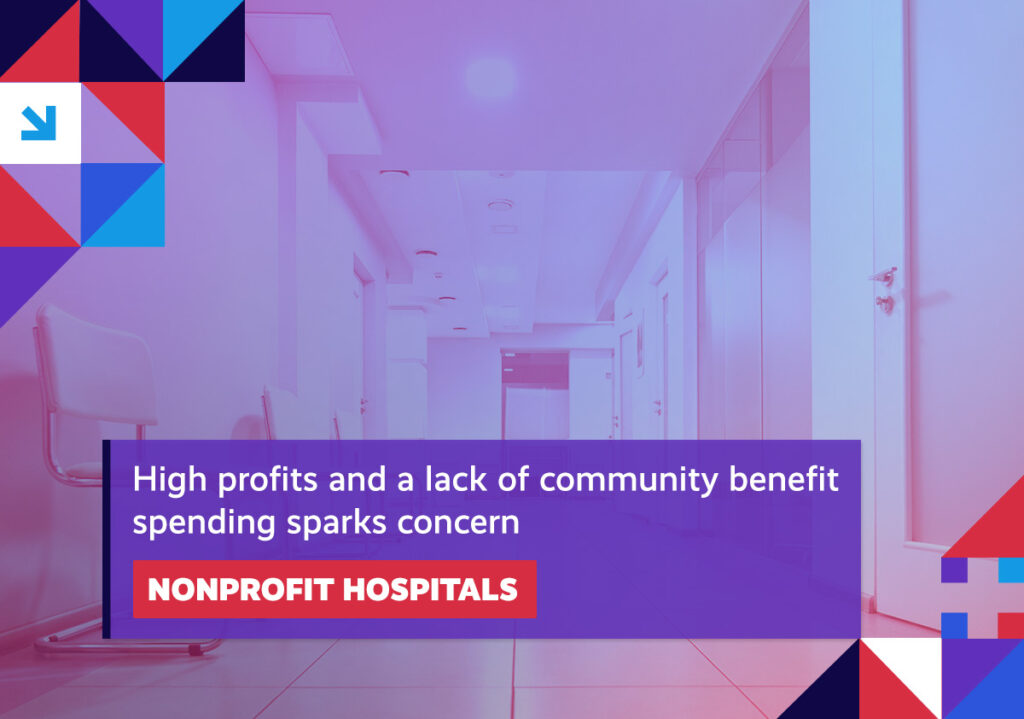A quick roundup of the issues driving the healthcare reform conversation.

Week in Review
NONPROFIT HOSPITALS PREDATORY BILLING PRACTICES RAISE CONCERN
Quick takeaway: Dr. Marty Makary of Johns Hopkins University writes that the nonprofit status of several large hospitals systems should be scrutinized by Congress for their predatory billing practices and lack of community benefit spending.
Digging Deeper: It’s come to light that many nonprofit hospitals engage in practices that would seem to counter the intent of “community benefit” spending – including suing and garnishing the wages of low-income patients who can’t afford to pay their hospital bills.
What it means: According to a recent study from Third Way, a national think tank, nearly half of all hospitals in the United States are nonprofits, exempting these systems from $15 billion in annual federal taxes and another $15 billion in local and state taxes.
CONGRESS SHOULD HELP EMPLOYERS OFFER COMPETITIVE BENEFITS
Quick takeaway: A small business owner lays out why it’s important for Congress to empower small business owners to manage prescription drug costs, which enhances their competitiveness with better health benefits.
Digging Deeper: In the United Sates, 66% of adults rely on prescription drugs, making affordable drug coverage a critical benefit for employers to offer their employees.
What it means: Thanks to Congress’s decision not to ban performance-based incentives for pharmacy benefit managers (PBMs), small businesses can continue to make more informed decisions that work for their budgets and their employees.
REPORT HIGHLIGHTS LARGE PRICE VARIATIONS WITHIN EMERGENCY ROOMS
Quick takeaway: According to a recent report, the cost of visiting an emergency room can vary significantly. This has left some patients with unexpectedly large bills (upwards of $50,000) for minor injuries after staying at a hospital for only a few hours.
Digging Deeper: Prices associated with readying doctors and other personnel for trauma cases varied 16-fold across the hospitals studied. In some instances, they include a “trauma alert” fee which can cost thousands of additional dollars.
What it means: Excessive costs associated with emergency department visits is growing concern for healthcare stakeholders – especially as the average price paid for ER visits has increased more than 50% 2012 to 2019. The data suggests that some hospitals see treating minor injuries at ER’s as way to raise revenue.
VOTERS CONCERNED ABOUT LEGAL THREATS TO THE NO SURPRISES ACT
Quick takeaway: A new survey published by the Coalition Against Surprise Medical Billing (CASMB), shows that 3 in 4 voters are concerned that pending lawsuits from providers and hospitals could weaken the consumers protections within the No Surprises Act.
Digging Deeper: Almost 80% of voters are concerned that these lawsuits could increase health care costs for patients.
What it means: The No Surprises Act, which, according to estimates, has prevented more than 1 million surprise bills per month since its implementation in January of 2023, continues to be broadly popular.
Spotlight

| You can keep up with the latest by following the Health Action Network on X and by liking us on Facebook. And, be sure to check us out on LinkedIn, too. As always, let us know if there’s something you’d like to see covered in a future newsletter. |
The Health Action Network includes everyday Americans—families, workers, businesses, patients, providers, neighbors, and friends. We are working together because we support market-based solutions that offer better healthcare choices and help build a stronger economy. The Health Action Network is an Elevance Health, Inc., initiative.
